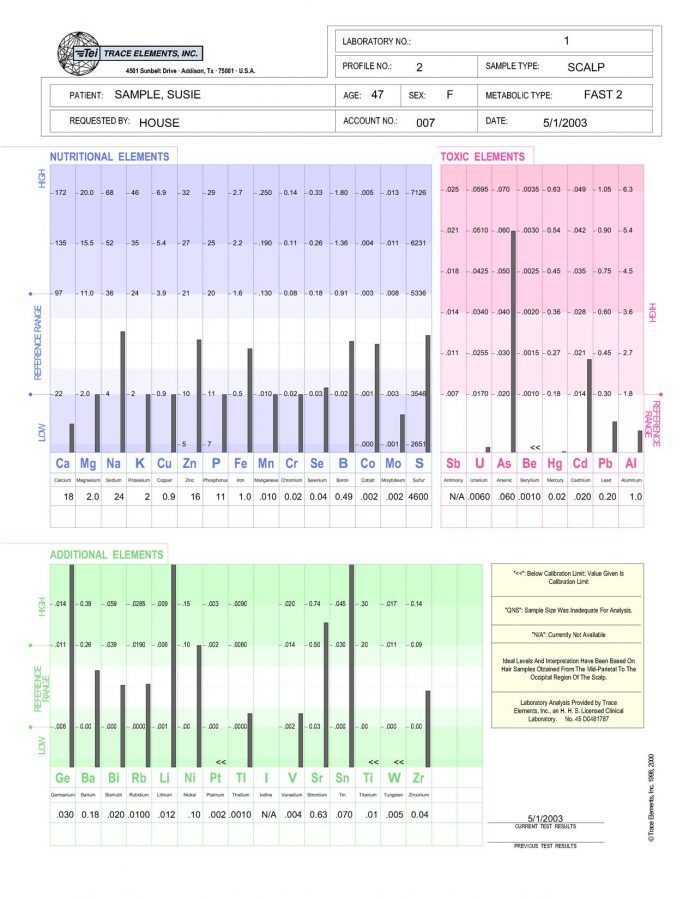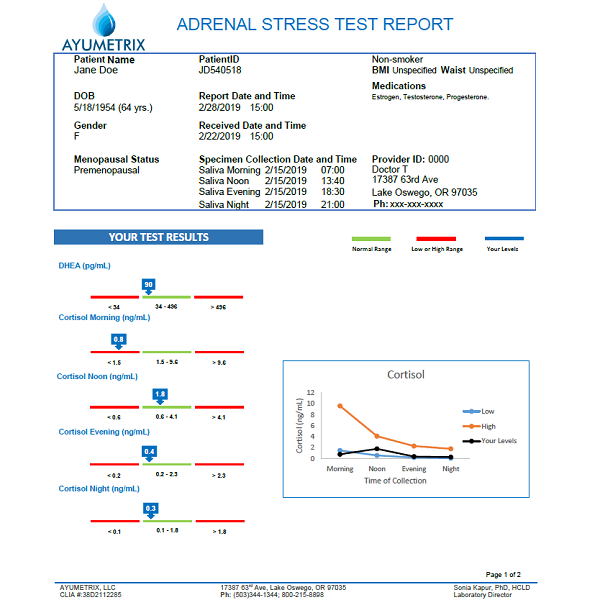
Table of Contents
Understanding Mental Health
Boosting your mental health encompasses emotional, psychological, and social well-being. It affects how we think, feel, and behave in daily life. Good mental health contributes to the ability to manage stress, relate to others, and make choices. Consequently, boosting your mental health is vital at every stage of life, from childhood and adolescence through adulthood.
Despite its importance, mental health often takes a backseat in our busy lives. By adopting specific daily habits, we can prioritize mental wellness and create an environment where positive thoughts and feelings can thrive. This guide aims to provide practical tips that can be easily integrated into your lifestyle to foster a positive mental state.
By focusing on boosting your mental health, we can prioritize our well-being and create an environment where positive thoughts and feelings can thrive. This guide aims to provide practical tips that can be easily integrated into your lifestyle to foster a positive mental state.
Habit 1: Start Your Day with Gratitude
Boosting your mental health through gratitude is one of the simplest yet most powerful habits you can adopt. Taking a moment each morning to reflect on what you’re thankful for can set a positive tone for the day ahead. Consider keeping a gratitude journal where you jot down three things you appreciate each morning as part of boosting your mental health.
The benefits of gratitude on boosting your mental health are well-documented. Studies show that boosting your mental health by practicing gratitude can reduce feelings of envy, resentment, and frustration.
One of the simplest yet most powerful habits you can adopt is to start your day with gratitude. Taking a moment each morning to reflect on what you’re thankful for can set a positive tone for the day ahead. Consider keeping a gratitude journal where you jot down three things you appreciate each morning.
Physical activity is crucial for boosting your mental health. Regular exercise releases endorphins, the body’s natural mood lifters, which can help alleviate stress and anxiety. Remember, even moderate activities contribute significantly to boosting your mental health.
The link between exercise and boosting your mental health is supported by extensive research. By finding activities you enjoy, you’re more likely to stick with them, creating a sustainable habit that benefits your mental well-being.
The benefits of gratitude on boosting your mental health are well-documented. Studies show that practicing gratitude can reduce feelings of envy, resentment, and frustration. It can enhance emotional well-being, leading to increased happiness and improved relationships. By focusing on the positives, you can cultivate a more optimistic outlook on life.
Mindfulness is an effective strategy for boosting your mental health, as it involves being fully present in the moment. Simple mindfulness techniques can help you develop this practice, contributing positively to boosting your mental health.
The effects of mindfulness on boosting your mental health are profound. By cultivating awareness and acceptance, you can develop a more resilient mindset, boosting your mental health as you navigate life’s challenges.
Habit 2: Incorporate Physical Activity
Spending time in nature is an excellent way of boosting your mental health. Make it a habit to connect with the outdoors regularly; this can significantly contribute to boosting your mental health.
Nature’s impact on boosting your mental health is well-documented. The sights, sounds, and smells of nature can elevate mood and foster a greater sense of peace, enhancing the effects of boosting your mental health.
Physical activity is a cornerstone of boosting your mental health. Regular exercise releases endorphins, the body’s natural mood lifters, which can help alleviate stress and anxiety. You don’t need to commit to a rigorous workout regimen; even moderate activities like walking, cycling, or yoga can make a significant difference.
In our technology-driven world, it’s easy to forget the importance of boosting your mental health by limiting screen time. Consider setting specific times for social media use or turning off devices to promote better sleep.
By focusing on real-life interactions, you can boost your mental health and cultivate a healthier mindset. Limiting screen time can significantly enhance your overall well-being.
The link between exercise and mood is supported by extensive research. Physical activity not only improves physical health but also enhances cognitive function and reduces symptoms of depression. By finding activities you enjoy, you’re more likely to stick with them, creating a sustainable habit that benefits your mental well-being.
What you eat significantly affects your ability in boosting your mental health. Foods rich in omega-3 fatty acids, antioxidants, and vitamins enhance brain function and mood.
The importance of nutrition in boosting your mental health is increasingly recognized. A balanced diet can reduce symptoms of anxiety and depression, directly influencing your overall mental well-being.
Habit 3: Establish a Mindfulness Routine
Prioritizing sleep is essential for boosting your mental health. Developing a consistent sleep routine can substantially enhance your mental well-being.
Mindfulness involves being fully present in the moment, which can help counteract stress and anxiety. Simple mindfulness techniques, such as deep breathing, meditation, or even mindful walking, can help you develop this practice. Setting aside just a few minutes daily to practice mindfulness can significantly impact your mental clarity and emotional balance.
Sleep plays a critical role in boosting your mental health. Prioritizing sleep can dramatically enhance cognitive function and emotional regulation.
The effects of mindfulness on stress reduction are profound. Research indicates that mindfulness can lower levels of cortisol, a hormone linked to stress. By cultivating awareness and acceptance, you can develop a more resilient mindset, helping you navigate life’s challenges with grace and composure.
Building and maintaining strong social connections is vital for boosting your mental health. Regularly reaching out to friends or family can significantly enhance your well-being.
Engaging with others can greatly contribute to boosting your mental health, reducing feelings of loneliness and isolation.
Habit 4: Connect with Nature
Self-compassion is a practice that can significantly aid in boosting your mental health. Treating yourself with kindness during tough times is vital for emotional resilience.
The benefits of self-compassion on boosting your mental health are significant. Cultivating a healthier relationship with yourself leads to a more resilient mindset.
Spending time in nature offers numerous mental health benefits. Whether it’s a walk in the park, a hike in the woods, or simply sitting in your backyard, nature can provide a restorative effect. Make it a habit to connect with the outdoors regularly; this can be as simple as enjoying your morning coffee outside.
Engaging in creative activities is another way of boosting your mental health. Creativity can help express emotions and reduce stress levels.
Creativity fosters joy and fulfillment, contributing positively to boosting your mental health and providing an avenue for personal growth.
Nature’s impact on mental well-being is well-documented. Studies show that time spent outdoors can reduce feelings of stress, anxiety, and depression. The sights, sounds, and smells of nature can elevate mood and foster a greater sense of peace. Embracing the natural world can lead to a greater appreciation of life and enhance your overall emotional state.
Habit 5: Limit Screen Time
In our technology-driven world, it’s easy to become overwhelmed by screen time. Establishing boundaries with technology can help reduce stress and foster better mental health. Consider setting specific times for social media use or turning off devices an hour before bed to promote better sleep.
The positive effects of reduced screen time are numerous. Limiting exposure to negative news and unrealistic portrayals of life can decrease feelings of inadequacy and anxiety. By focusing on real-life interactions and experiences, you can cultivate more meaningful connections and a healthier mindset.
Habit 6: Nourish Your Body with Food, Supplements or Tests
What you eat significantly affects your mental health. Foods rich in omega-3 fatty acids, antioxidants, and vitamins can enhance brain function and mood. Incorporate fruits, vegetables, whole grains, and lean proteins into your diet for optimal mental well-being.
The importance of nutrition on mood is increasingly recognized in the realm of mental health. Research suggests that a balanced diet can reduce symptoms of anxiety and depression. By nourishing your body, you are also nurturing your mind, creating a holistic approach to mental wellness.
Along with food, sometimes you will benefit from supplements. A simple hair test will tell you exactly what your body needs for an extra boost. Or, you can try adding a few supplements. You can purchase these at the end.
Habit 7: Prioritize Sleep
Quality sleep is essential for good mental health. Developing a consistent sleep routine can help improve your sleep hygiene. Aim for 7-9 hours of quality sleep each night, and create a relaxing bedtime ritual to signal your body that it’s time to wind down.
Sleep plays a critical role in mental health. Lack of sleep can exacerbate symptoms of anxiety and depression, making it harder to cope with daily challenges. Prioritizing sleep can enhance cognitive function, emotional regulation, and overall quality of life. When you rest well, you wake up with a clearer mind and a more positive outlook.
Habit 8: Foster Social Connections
Building and maintaining strong social connections is vital for mental health. Make it a habit to reach out to friends or family regularly. Whether through a quick text, a phone call, or in-person visits, nurturing relationships can create a robust support system.
Social interaction has a profound impact on mental health. Engaging with others can reduce feelings of loneliness and isolation, leading to increased happiness and emotional stability. By fostering social connections, you create a network of support that can help you navigate life’s challenges more effectively.
Habit 9: Practice Self-Compassion
Self-compassion involves treating yourself with the same kindness and understanding that you would offer a friend. This practice can be transformative, especially during challenging times. Remind yourself that it’s okay to make mistakes and that you are worthy of love and care.
The benefits of being kind to yourself are significant. Research indicates that self-compassion can lead to decreased anxiety, depression, and stress. When you practice self-compassion, you cultivate a healthier relationship with yourself, leading to a more resilient and positive mindset.
Habit 10: Engage in Creative Activities
Creativity can be a powerful tool for enhancing mental well-being. Whether it’s painting, writing, dancing, or playing an instrument, engaging in creative activities can help express emotions and reduce stress. Make time for creative pursuits that resonate with you and allow for self-expression.
The effect of creativity on emotional health is profound. Engaging in creative outlets can serve as a form of emotional release, allowing you to process feelings and experiences. Creativity not only fosters joy and fulfillment but also provides an avenue for personal growth and exploration.
Conclusion
Incorporating these ten simple daily habits into your life can lead to significant improvements in boosting your mental health and overall well-being. From practicing gratitude to engaging in creative activities, these habits are not only easy to adopt but can create lasting positive changes in your mindset.
Prioritizing mental health is a journey, and every small step counts. By making these habits part of your daily routine, you can cultivate a more resilient and positive outlook on life. Start today and embrace the power of daily habits to enhance your mental well-being.
FAQs
1. How long does it take to see improvements in mental health from daily habits?
The time it takes to see improvements can vary from person to person. However, many individuals report feeling better within a few weeks of consistently practicing these habits.
2. Can small changes really make a difference in mental health?
Absolutely! Small, consistent changes can accumulate over time, leading to significant improvements in mental health and overall well-being.
3. What if I struggle to adopt these habits?
It’s normal to face challenges when starting new habits. Be patient with yourself, and consider starting with one or two habits at a time before gradually adding more.
4. Are these habits suitable for everyone?
Yes, these habits are beneficial for individuals of all ages and backgrounds. However, if you have specific mental health concerns, it’s always a good idea to consult with a professional.
5. How can I stay motivated to maintain these habits?
Setting clear goals, tracking your progress, and seeking support from friends or family can help keep you motivated. Remember to celebrate your achievements, no matter how small.
Products
At Home Tests
-
←→

Trace Elements Nutritional Deficiencies Hair Test
Nutritional Tests, At Home Health Tests, Toxic Metals Tests, Hair Tests, Autism Tests, Immune System Tests$188.00 $148.00Successfully Added to your Shopping CartAdding to Cart... -
←→

Analytical Research Labs Hair Test
$179.00$149.00Providing a mineral blueprint of one’s biochemistry, an Analytical Research Labs Hair Minerals Test reports levels of minerals and heavy metals in your body giving possible reasons for your symptoms, with suggestions for nutritional supplements and diet changes. Hair tissue mineral analysis can provide pertinent information about balanced nutrition, one’s metabolic rate, energy levels, sugar and carbohydrate tolerance, stage of stress, immune system and glandular activity.- Buy 2 at $145.00
Analytical Research Labs Hair Test
$179.00 $149.00Successfully Added to your Shopping CartAdding to Cart... -
←→

UCARI Intolerance Test Kit
$99.99$88.00Test for 1500+ possible intolerances and nutritional imbalances- Buy 2 at $85.00
UCARI Intolerance Test Kit
At Home Health Tests, Hair Tests, Allergy Tests, Nutritional Tests, Environmental Pollutants Tests, Mycotoxin Molds Tests, Allergy Solutions, Lung Solutions, Gastrointestinal Solutions, Immune System Tests, Candida Solutions$99.99 $88.00Successfully Added to your Shopping CartAdding to Cart... -
←→

Ayumetrix Adrenal Stress Test Saliva
$125.00A quantitative ELISA analysis of hormones that affect adrenal healthMaximum quantity exceededMinimum purchase amount of 0 is requiredAyumetrix Adrenal Stress Test Saliva
Thyroid Endocrine Tests, At Home Health Tests, Anxiety, Stress, Depression Solutions, Fatigue Solutions$125.00Successfully Added to your Shopping CartAdding to Cart...
Supplements
-
←→

K-MG Potassium Magnesium
Supplements, Mineral Supplements, Headache Solutions, Heart Solutions, Muscle Solutions, Lung Solutions, Memory Loss Solutions, Anxiety, Stress, Depression Solutions$13.10Successfully Added to your Shopping CartAdding to Cart... -
←→

Calcium Arginate with Aspartate
Supplements, Mineral Supplements, Heart Solutions, Bone Solutions, Muscle Solutions, Anxiety, Stress, Depression Solutions, Amino Acids Supplements$14.40Successfully Added to your Shopping CartAdding to Cart... -
←→

Calcium 2-AEP
Supplements, Mineral Supplements, Muscle Solutions, Anxiety, Stress, Depression Solutions, Bone Solutions$14.40Successfully Added to your Shopping CartAdding to Cart...

Thanks for the post
_________________
interesting
_________________
Your writing is not only informative but also incredibly inspiring. You have a knack for sparking curiosity and encouraging critical thinking.
Thank you for being such a positive influence!